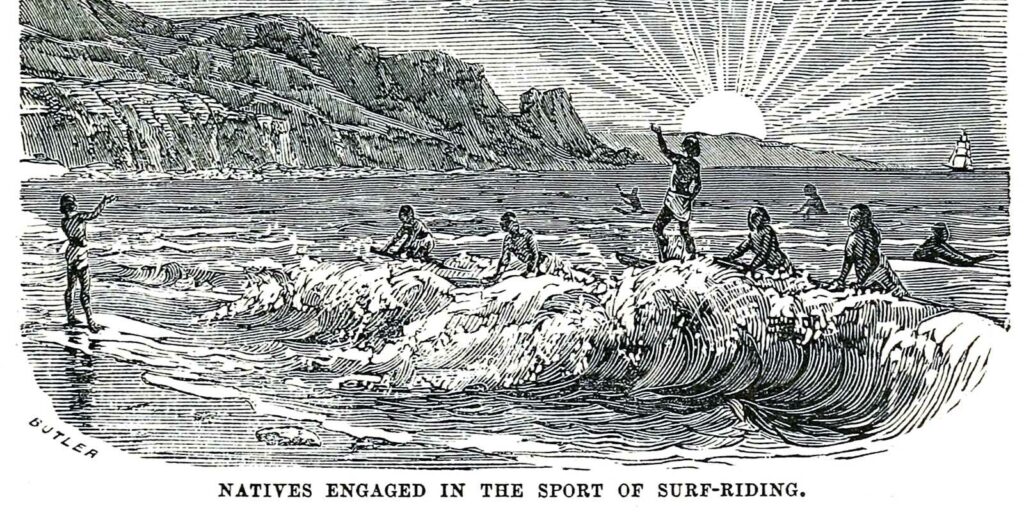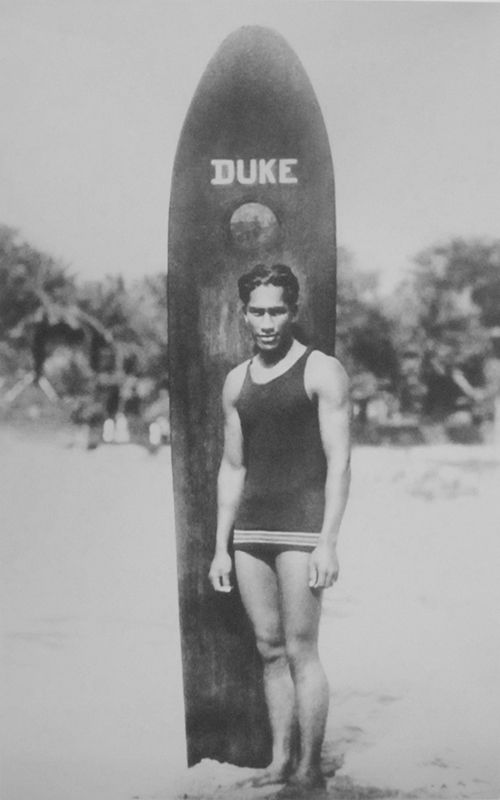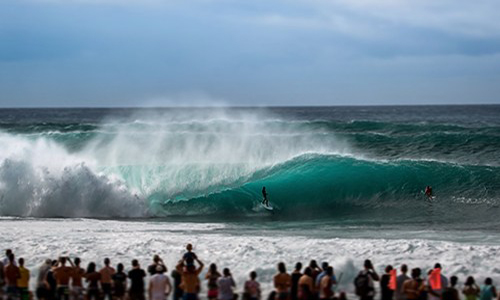Attendees pledge to uphold Marianist-Catholic mission
After 19 years of working at Catholic higher education institutions, Jennifer Creech felt she was finally ready to commit. Her eyes lighting up as she spoke about her recent formation as a Marianist Educational Associate (MEA), the Vice President for Enrollment Management and Student Success was eager to share her experience.

“Selfishly, this was for me,” Creech said of the formation retreat. “I often attend conferences for professional reasons, but going through the formation was personal. I wanted to learn how to be a better person to my team and our students, and the meaning and value of our Marianist mission.”
In 2005, members from Chaminade University, University of Dayton and St. Mary’s University of San Antonio responded to a call from the Association of Marianist Universities (AMU) Board to build a partnership among members of the Society of Mary, the sponsoring religious body. It would invite a cadre of lay collaborators, who would together sustain and renew the mission and identity that was Catholic, and that embodied the Marianist educational tradition.
Since then, faculty, staff and administrators have been invited each year to deepen their understanding of and their commitment to the traditions and beliefs that make each respective university a Catholic and Marianist community.
“I’ve always believed in our mission,” said Darren Iwamoto, who also attended the formation at the University of Dayton. “The formation experience helped me to focus in what I do and not work blindly.”
The seven-day formation program consisted of readings, reflections and sharing of insights. Each participant received a binder that was divided by presentations, which covered a variety of topics, from Vocational Stories and the Catholic Story to the Marianist Story and the Catholic Intellectual Tradition.
Opening her binder, Creech flipped through the colored tabs before stumbling upon a note card that contained some of her thoughts, writing down such key words as “living and working with intention, love, grace, transparency, access, persistence, empathy and understanding.”
“We are privileged in our roles, which are not self-serving,” Creech asserted. “Our mission is to empower others, to be part of a team and to advocate for our students.”
Following the initial retreat, the MEAs will then meet once a month from September to May to continue their formation by developing, strengthening and advancing the Catholic and Marianist philosophy of education. At the end of the academic year during a special service, the MEAs will make a public commitment to sustain and enrich the University’s Catholic and Marianist character.

“The Marianist Charism is a combination of faith, following Mary, community, mission and inclusivity,” Iwamoto explained. “The Charism informs how, as educators, we inspire our students and how we collaborate with our peers.”
Other Chaminade participants included Drs. Janet Davidson, David Carter, Frederique Kandel and Tom Buning.
To ensure that Marianist universities sustain a strong Catholic and Marianist mission and identity, three vital tasks need to be accomplished, according to the Association of Marianists Universities (AMU). First, there must be a significant number of people who are employed at the universities, and who are steeped in and appreciate the Catholic and Marianist traditions of education. Second, these individuals must have the capacity and willingness to work together to incorporate these traditions into the culture of Marianist universities. Third, these persons would be committed to adapt and transform the traditions so that Marianist universities forge an engaging response to the challenges facing American higher education while contributing to the task of working toward global justice, so integral to the Marianist charism.
MEAs are lay persons who are, first of all, employees of the campus community who are hired to perform in a professional role in the work of Marianist higher education. Associates make an intentional choice to use that professional role to partner with the Marianist vowed religious on campus to strengthen the Catholic and Marianist mission and identity. All MEAs are committed to using their sphere of influence to strengthen the Catholic and Marianist mission and identity in ways that are effective and appropriate. MEAs are committed to a journey of personal and professional growth in understanding and embracing the gift of the Marianist charism.
“The whole week I had what I call ‘God sightings,’” Creech said. “I don’t know how to describe it. It’s like love, you know it’s there, but it’s difficult to explain. The more you trust it, the more you hear it.”















